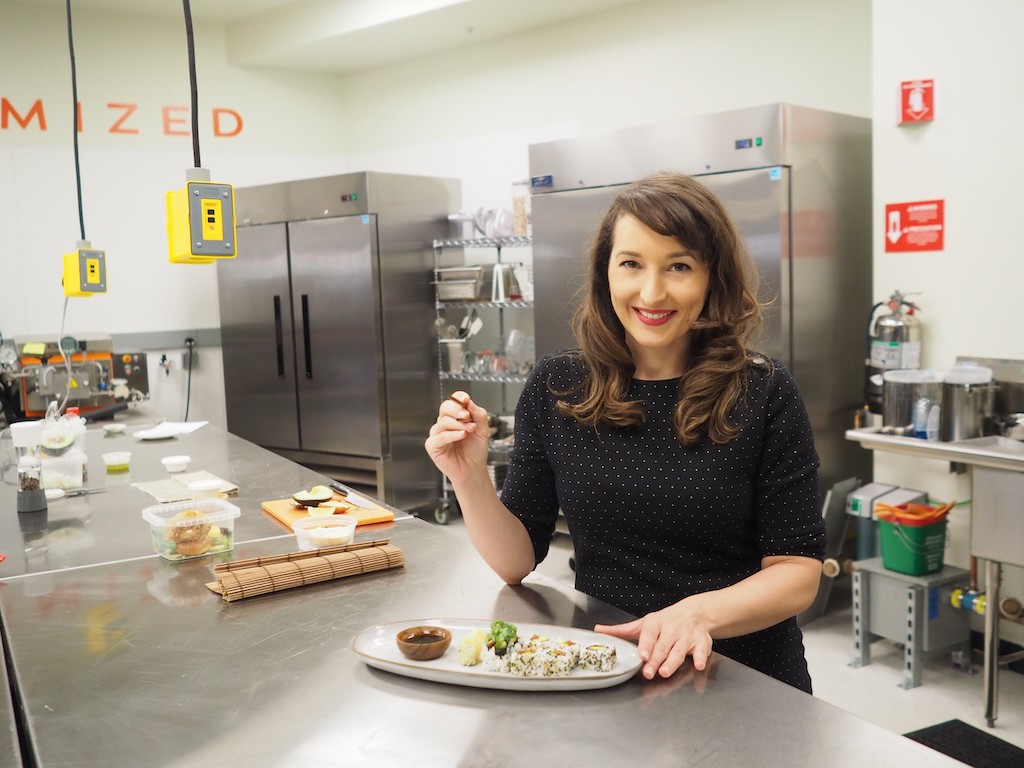4 Mins Read
Cell-based meat industry experts are calling on the French government to step up their efforts to tap into the opportunities to be made in the fast-growing sector, or risk missing out on the global market. Co-founder of the nonprofit Cellular Agriculture France Nathalie Rolland argues that there is a duty for the country to support the cultured protein ecosystem as part of its climate action under the European Green Deal.
The cell-based protein industry is being neglected by France, while other countries have raced ahead and begun to build their reputation as leaders in the space. Food import reliant Singapore, for instance, has made its name as the world’s first country to allow the commercial sale of cultured chicken produced by California’s Eat Just, and a number of food techs like Hong Kong’s Avant Meats have since flocked to the city-state to set up a base of operations.
Meanwhile, “startup nation” Israel has become another food tech hub, housing homegrown players like Aleph Farms, a Rehovot company that famously served up its cultivated steak to prime minister Benjamin Netenyahu, who has pledged to support more cellular agriculture initiatives as part of its food resilience push.
2020 marked a record year for the global cultivated protein space, with startups focused on the technology bagging more than US$360 million in investment, a figure six-times more than the amount in the year before.

Rolland, a food science specialist and co-founder of Cellular Agriculture France, says that France is quickly falling behind on the technology that could provide food security, solve animal welfare issues and eradicate the dangers that factory farms pose to human health, as well as offer a far more sustainable way of producing animal meat.
The organisation, an association of experts, industry watchers and scientists, campaigns to support the country’s emerging cell-based field.
Livestock production contributes an estimated 18% of global greenhouse gas emissions and is driving unsustainable practices such as deliberate deforestation. Within the E.U., the industry represents a larger source of emissions than cars and vans in the bloc combined.
Rolland believes that France has an obligation to reduce its emissions by shifting to more sustainable ways of producing meat, a call made by many E.U. Green Deal supporters who say novel ways to produce protein – including plant-based, cell-based and fermentation – will be necessary to help the entire region slash its carbon footprint.
It’s also a business and food resilience case that Rolland makes for France to step up its efforts to support its domestic cell-based realm. “If the government does not invest in cellular meat companies in France, then French people will end up eating food brought in from other countries,” Rolland told RFI.

“We call on France to fund research projects very quickly to avoid falling too far behind in this fundamentally important market.”
There are players in France using cellular agriculture to produce slaughter-free meat, but only a handful of them. Paris-based startup Gourmey was the first to launch in France, and is working on developing foie gras directly from duck egg cells.
Core Biogenesis, on the other hand, is providing a platform of cost-efficient growth factors for applications in both cell therapy and cultivated meat.
The list is likely to remain small unless the government changes its stance on cultivated protein, especially after French agricultural minister Julien Denormandie made openly hostile comments suggesting the country would never allow or accept cell-based meat.
While consumer acceptance of the novel protein remains lower in France compared to the U.S. and other European markets, the country’s sustainability-minded younger generation could pave the way for a thriving French cellular agriculture ecosystem.
In September, research into cell-based meat acceptance revealed a relatively promising domestic market, showing nearly half (44%) of French consumers were willing to try cultured meat, though the figure in Germany was higher at 58%.
Lead image courtesy of Eat Just / Good Meat.




